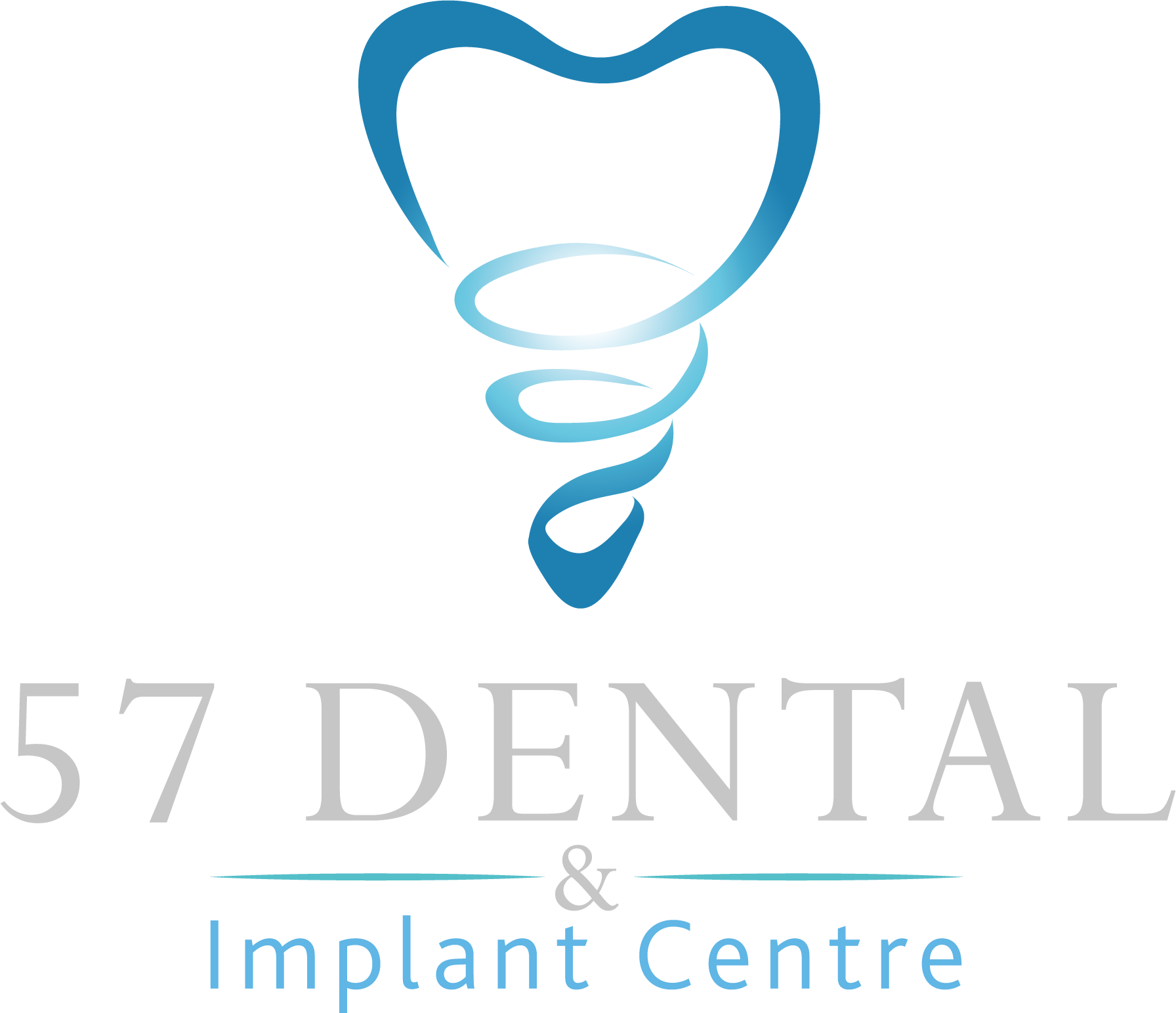A bright and healthy smile is aesthetically pleasing and plays a crucial role in maintaining overall oral health. Good dental hygiene practices prevent oral issues such as tooth decay, gum disease, and bad breath. This blog post will provide valuable dental hygiene tips to help you achieve and maintain a beautiful smile. Incorporating these practices into your daily routine will contribute to the longevity of your teeth and gums.
- Brushing Techniques and Frequency
Proper brushing techniques and regularity are fundamental for maintaining excellent oral hygiene. Follow these tips:
- Brush your teeth at least twice a day, preferably after meals.
- Use a soft-bristled toothbrush and fluoride toothpaste.
- Hold the toothbrush at a 45-degree angle to your gums.
- Brush gently in small circular motions, ensuring you reach all tooth surfaces.
- Remember to brush your tongue to remove bacteria and freshen your breath.
- Flossing
Brushing alone cannot reach the tight spaces between your teeth and along the gumline. Therefore, incorporating flossing into your daily routine is essential. Follow these flossing tips:
- Use a sufficient length of dental floss (around 18 inches).
- Gently insert the floss between your teeth, curving it around each tooth in a C-shape.
- Move the floss up and down, cleaning both sides of each tooth.
- Be gentle to avoid injuring your gums.
- Mouthwash
An antimicrobial mouthwash can provide additional protection against bacteria and freshen your breath. Here are some recommendations:
- Choose a mouthwash that contains fluoride to strengthen your teeth.
- Rinse your mouth with mouthwash for about 30 seconds after brushing and flossing.
- Avoid using mouthwash immediately after brushing to allow the fluoride in toothpaste to remain on your teeth.
- Healthy Diet
What you eat dramatically impacts your dental health. Follow these dietary tips for a healthy smile:
- Limit sugary and acidic foods and beverages, which contribute to tooth decay.
- Increase your consumption of fruits and vegetables rich in vitamins and minerals that promote oral health.
- Drink plenty of water, as it helps rinse away food particles and keeps your mouth hydrated.
- Regular Dental Check-ups
Regular visits to your dentist are crucial for maintaining a healthy smile. Here’s why:
- Schedule dental check-ups every six months or as recommended by your dentist.
- Professional cleanings help remove plaque and tartar buildup that regular brushing and flossing may miss.
- Dentists can detect early signs of dental issues and provide appropriate treatment before they worsen.
- Avoid Tobacco and Alcohol
Tobacco use and excessive alcohol consumption have detrimental effects on oral health. Consider the following:
- Quit smoking or using tobacco products to reduce the risk of oral cancer, gum disease, and tooth loss.
- Limit alcohol consumption, as it can lead to dry mouth, tooth staining, and an increased risk of oral cancer.
Conclusion
Maintaining a bright and healthy smile requires consistent dental hygiene practices and regular visits to your dentist. The tips can significantly improve oral health and prevent common dental problems. Remember, a beautiful smile begins with proper oral care!
If you have any concerns or require professional advice, please don’t hesitate to contact our dental practice in Cleckheaton at 01274 872221. Our team of dental professionals is dedicated to providing comprehensive oral care and helping you achieve the smile you deserve.
Frequently Asked Questions
Q: How often should I replace my toothbrush?
A: Replacing your toothbrush every three to four months or sooner if the bristles become frayed is recommended. Using an old toothbrush can be less effective in efficiently cleaning your teeth and gums.
Q: Are electric toothbrushes better than manual ones?
A: When used correctly, electric toothbrushes can effectively remove plaque and reduce gingivitis. They provide consistent and optimal brushing motion. However, it’s still possible to maintain excellent oral hygiene with a manual toothbrush if you use proper brushing techniques.
Q: Can I use mouthwash as a substitute for brushing and flossing?
A: No, mouthwash should not be used as a substitute for brushing and flossing. While mouthwash can provide additional benefits such as freshening breath and reducing bacteria, it cannot effectively remove plaque and food particles like brushing and flossing can.
Q: Are there any special considerations for dental hygiene during pregnancy?
A: Pregnant women should pay extra attention to their dental hygiene as hormonal changes can increase the risk of gum disease. Maintain regular brushing and flossing routines, and inform your dentist about your pregnancy for personalised advice and care.
Q: How can I prevent bad breath?
A: Proper oral hygiene practices can help prevent bad breath. Additionally, staying hydrated, avoiding tobacco products, and scheduling regular dental check-ups contribute to fresh breath.
Q: Is it normal for gums to bleed during brushing and flossing?
A: Bleeding gums can be a sign of gum disease, which a dentist should address. However, mild bleeding may occur initially if you have recently started a new oral care routine or habitually brushing aggressively. If the bleeding persists, consult your dentist.
Q: How can I encourage my child to practise good dental hygiene?
A: Make dental hygiene fun and engaging for children by using colourful toothbrushes and toothpaste, letting them choose their dental products, and supervising their brushing and flossing routines. Educate them about the importance of oral health and lead by example.
